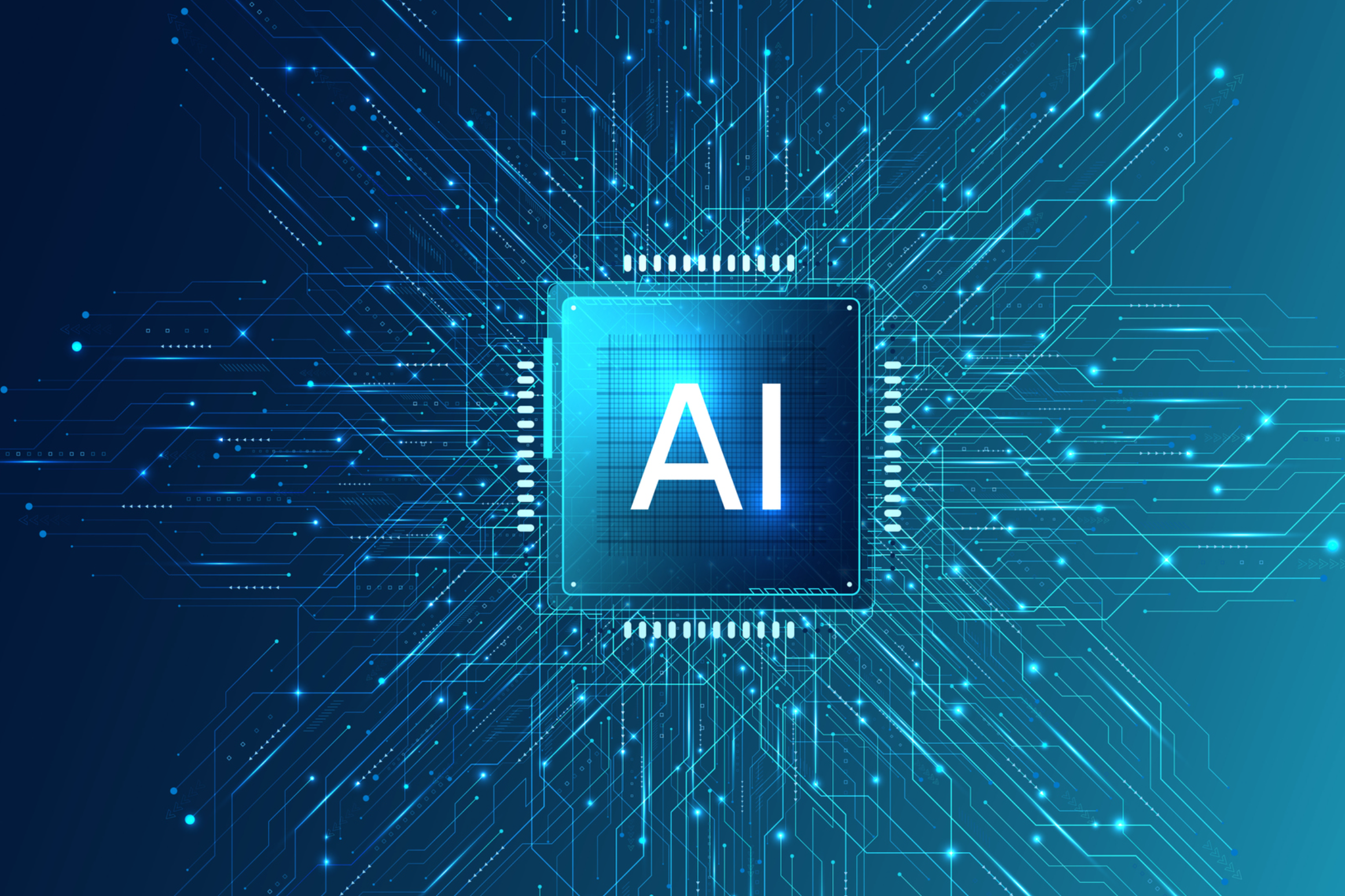UK Supreme Court Rules Against AI as Inventor for Patent Rights
The UK Supreme Court has ruled against recognizing artificial intelligence (AI) as an inventor for patent rights. The case involved US computer scientist Stephen Thaler’s attempt to register patents in the UK for inventions generated by his AI system named DABUS. The UK Intellectual Property Office rejected Thaler’s attempt, arguing that patent rights should be attributed to a natural person or a company rather than a machine. The Supreme Court affirmed that, under UK patent law, an inventor must be a natural person. The ruling does not address the broader question of whether AI-generated technical advances should be eligible for patents.
Key Points
- Thaler’s Attempt Rejected: The UK Supreme Court unanimously dismissed Thaler’s appeal, upholding the UK Intellectual Property Office’s rejection of his attempt to register patents for AI-generated inventions.
- Legal Team’s Concerns: Thaler’s legal team expressed concerns about the inadequacy of current UK patent law in protecting AI-generated inventions, potentially hindering industries reliant on AI-driven technological advancements.
- IPO Welcomes Clarity: The UK Intellectual Property Office welcomed the Supreme Court’s decision, providing clarity on the existing law regarding the patenting of AI-generated creations.
- UK Government’s Commitment: The UK government expressed its commitment to keeping this area of law under review, recognizing the evolving landscape of AI-generated creations and intellectual property.
- Global Context: The ruling aligns with decisions from courts in Europe, Australia, and the US. Legal experts anticipate potential changes in the medium term as AI evolves from being a tool to an agent.
- Limited Immediate Impact: The decision is not expected to have a significant impact on the patent system at present, but legal experts emphasize addressing potential challenges in patent law as AI continues to evolve.
- Separate Case on Neural Networks: In a separate case last month, London’s High Court affirmed that artificial neural networks can attract patent protection under UK law.
Month: Current Affairs - December, 2023
Category: International / World Current Affairs • Legal & Constitution Current Affairs








